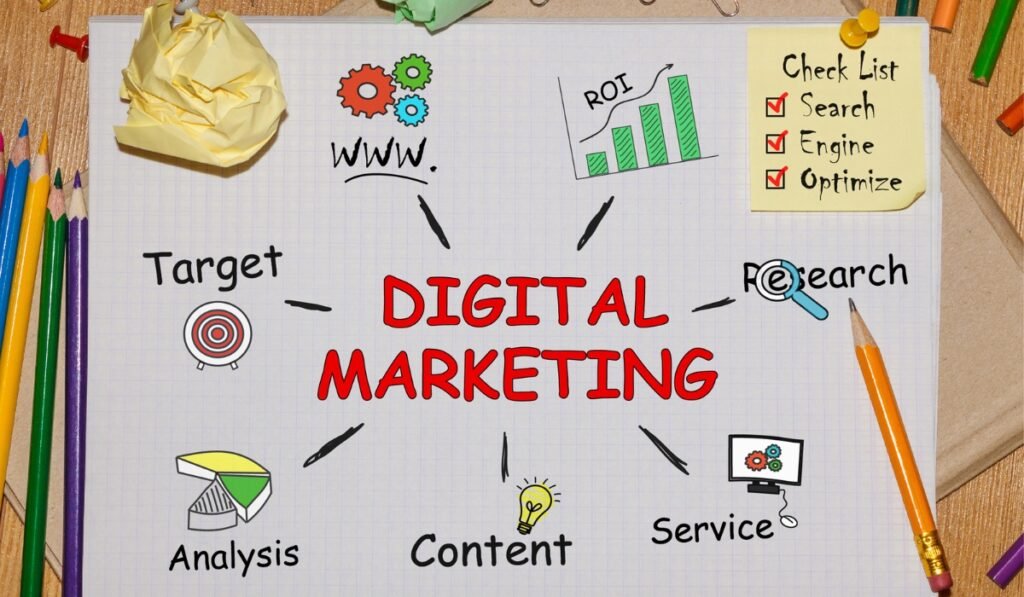Table of Contents
In the ever-evolving landscape of marketing and advertising, consumer companies have mastered the art of capturing our attention and influencing our purchasing decisions. The strategies they employ are often shrouded in complexity and psychological insights, making it seem as though they possess a unique power to manipulate our minds. But the truth is, these companies have honed their skills over the years, using a combination of psychology, marketing, and consumer behavior analysis to create powerful, persuasive campaigns. In this article, we delve into the intricate world of consumer company strategies, decoding how they influence our minds to buy their products.
Understanding the Consumer’s Mindset
Before we can uncover the strategies that consumer companies employ, we must first understand the consumer’s mindset. Consumer behavior is a complex field, shaped by various factors, including personal preferences, cultural influences, and emotional triggers. To successfully influence purchasing decisions, companies need to tap into these factors effectively.
1. Emotional Appeal: Forging a Connection
One of the most potent tools in a consumer company’s arsenal is the ability to create emotional connections with their target audience. They understand that people are more likely to buy a product when it evokes positive emotions. Whether it’s the heartwarming story of a small family business or a heart-tugging advertisement, emotional appeal tugs at our heartstrings and influences our purchasing decisions.
2. Social Proof: The Power of Peer Influence
Consumer companies leverage the psychological concept of social proof to great effect. When we see others using and enjoying a product, it triggers a subconscious desire to belong and experience what others are. Testimonials, reviews, and endorsements from influencers or celebrities all play a crucial role in establishing social proof.
3. Limited Availability and FOMO: Fear of Missing Out
The fear of missing out, commonly referred to as FOMO, is a powerful psychological trigger. Consumer companies often create a sense of urgency by limiting the availability of a product or offering exclusive deals for a limited time. This scarcity mentality compels consumers to make quick decisions, as they don’t want to miss out on a great opportunity.
Unveiling the Strategies

Now that we’ve explored the consumer’s mindset, let’s uncover the strategies that consumer companies employ to influence our buying decisions.
1. Storytelling: Crafting a Compelling Narrative
One of the most effective ways consumer companies influence our minds is through storytelling. They create narratives that resonate with our emotions and experiences. By telling a compelling story, these companies make their products relatable and memorable. [Best Murphy Bed with Desk Review]
2. Product Packaging and Design: Visual Impact
The visual appeal of a product can have a profound impact on our decision to purchase. Consumer companies invest heavily in product packaging and design, aiming to catch our eye on store shelves or online. A well-designed product with an attractive label can make a significant difference.
3. Influencer Marketing: Leveraging Trust
Influencer marketing is a booming industry. Consumer companies collaborate with influencers who have a strong following in their niche. The trust that these influencers have built with their audience is leveraged to promote products effectively. When we see a respected influencer endorsing a product, we’re more inclined to trust and buy it.
4. Personalization: Tailoring the Experience
Consumer companies are increasingly utilizing data-driven personalization to enhance the customer experience. They analyze our preferences, behaviors, and past purchases to provide personalized product recommendations. When a product feels tailor-made for us, the likelihood of purchasing increases significantly.
5. Content Marketing: Providing Value
Many consumer companies invest in content marketing as a means to provide value to their customers. They create informative blog posts, videos, and articles that address common pain points or provide solutions. By offering valuable content, they position themselves as experts in their industry and gain trust.
6. Social Proof and Reviews: Building Trust
Before making a purchase, many consumers turn to online reviews. Consumer companies encourage this by actively promoting customer reviews and testimonials. Positive feedback from others provides a sense of security and trust, influencing your buying decisions.
7. Discounts and Promotions: Attract Customers, Boost Sales
Consumer companies understand that consumers love a good deal. By offering discounts, promotions, and limited-time offers, they create a sense of urgency, prompting you to make a purchase now rather than later.
8. Gamification: Interactive Marketing Strategy
Consumer companies have introduced gamification, incorporating elements of play into their marketing strategies. Interactive contests and games engage consumers, creating a memorable experience that leads to brand loyalty.
The Role of Digital Marketing

In the digital age, consumer companies are taking full advantage of the online landscape to reach a global audience. Digital marketing, including social media advertising, email marketing, and search engine optimization, plays a pivotal role in their success. The following strategies are particularly crucial:
1. SEO: Ranking High in Search Results
Search Engine Optimization (SEO) serves as a fundamental pillar within the realm of digital marketing. In this competitive digital landscape, consumer companies allocate substantial resources to the meticulous optimization of their online content, all in pursuit of securing a prominent placement on search engine results pages. As their products and services ascend to the zenith of search results, a cascading wave of advantages unfolds before them. This ascendancy not only grants them paramount visibility but also bestows an invaluable mark of trustworthiness and credibility upon their brand.
2. Social Media Marketing: Targeting the Right Audience
In the world of digital marketing, social media platforms offer a treasure trove of valuable user information. Consumer companies harness the power of this data to finely tune their advertising efforts, directing their messages towards specific demographic groups. By doing so, they make certain that their products and promotions reach the eyes and ears of individuals who are not just interested but also most likely to make a purchase. This tailored approach helps them optimize their marketing strategy for maximum impact and return on investment
3. Email Marketing: Building a Relationship
In the world of consumer companies, email marketing stands out as a powerful tool for nurturing and sustaining meaningful connections with customers. By crafting individualized and engaging email campaigns, these businesses not only inform their valued customers about the latest product releases, exclusive deals, and company developments but also succeed in cultivating and deepening a profound sense of loyalty and trust between the brand and its clientele.
Conclusion
Consumer companies have perfected the art of influencing our minds to buy their products. Through understanding the complexities of consumer behavior, creating emotional connections, employing social proof, and utilizing digital marketing strategies like SEO, they consistently craft persuasive campaigns. As consumers, it’s essential to be aware of these strategies, enabling us to make informed choices and not fall prey to every marketing ploy.
FAQs
Can consumer companies really influence my buying decisions?
Consumer companies use various strategies to influence your choices, from emotional marketing to brand loyalty programs. These techniques are designed to create a connection between you and their products.
What’s the role of customer reviews in influencing our minds?
Customer reviews provide social proof, assuring you that others have had a positive experience with the product. This influences your trust and, subsequently, your buying decisions.
Do consumer companies always use influencers for promotion?
Influencers are a popular tool, but not all consumer companies use them. The choice depends on the target audience and the product.
How can I resist the influence of consumer companies?
Being aware of these tactics is the first step. Consider your needs, do your own research, and make informed decisions rather than impulsive purchases.
Can I trust consumer companies’ loyalty programs?
Loyalty programs can offer real benefits, but it’s essential to read the fine print and ensure that the rewards align with your preferences and needs.